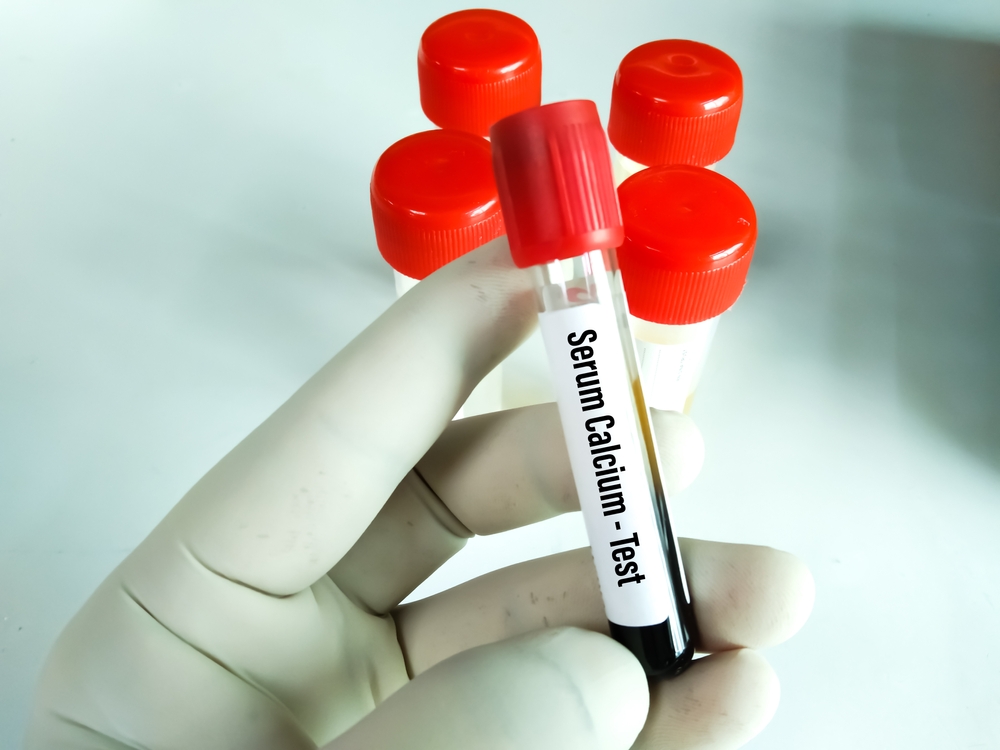Asthma, a common chronic respiratory disorder, remains poorly understood despite advancements in research. This study analyzed gene expression data from 212 individuals, including patients with asthma and healthy controls, identifying 267 differentially expressed genes. Among these, C1orf64 and C7orf26 emerged as potential key genes in asthma’s pathogenesis. Bioinformatics tools, such as differential gene expression analysis, pathway enrichment, drug target prediction, and single-cell analysis, were used to investigate their roles in asthma.
The study found that C1orf64 and C7orf26 were differentially expressed in asthmatic airway epithelial tissue, suggesting their involvement in asthma development. Further analysis revealed these genes’ significant association with pathways like ABC transporters, cell cycle, and Notch signaling, which are linked to asthma progression. Drug target prediction highlighted potential treatments, including Tyrphostin-AG-126 and Cephalin, which possess anti-inflammatory and antiviral properties. Single-cell analysis revealed that these genes were expressed in T cells, NK cells, and B cells, which are critical to asthma’s hallmark features. While the findings provide new insights, the roles of C1orf64 and C7orf26 in asthma require further validation to confirm their therapeutic potential.
Reference: Guo L, Huang E, Wang T, et al. Exploring the molecular mechanisms of asthma across multiple datasets. Ann Med. 2024 Dec;56(1):2258926. doi: 10.1080/07853890.2023.2258926. Epub 2024 Mar 15. PMID: 38489401; PMCID: PMC10946276.









